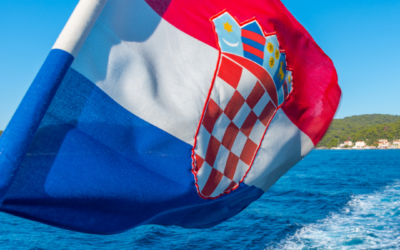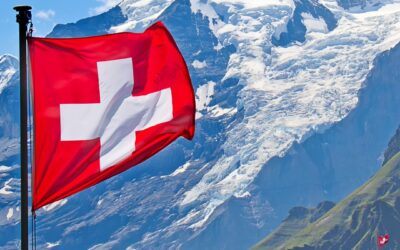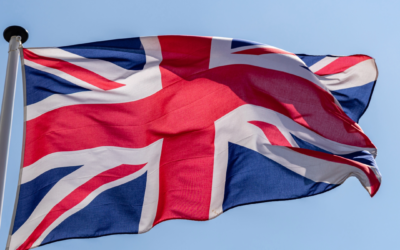EPR systems for packaging in comparison: a country overview

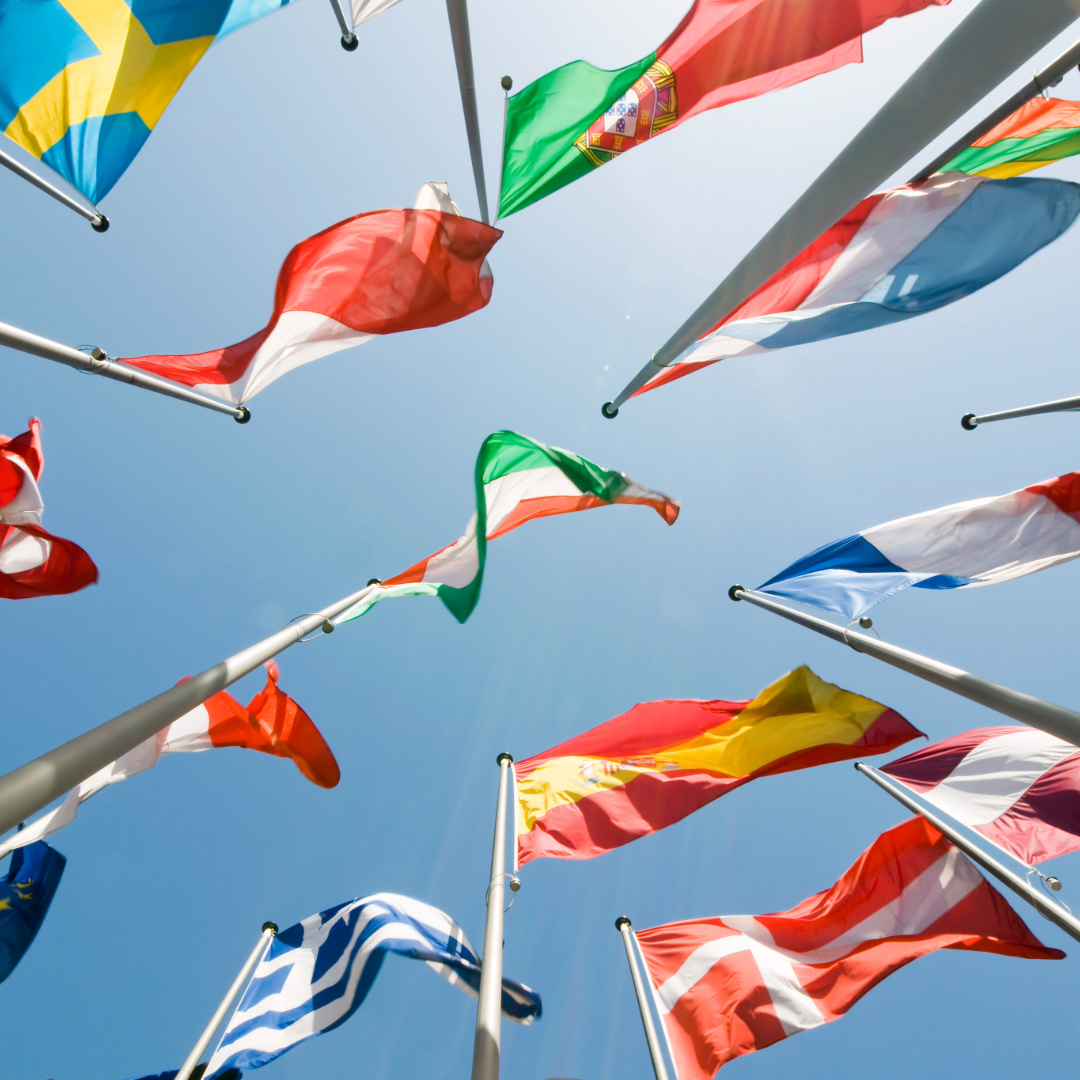

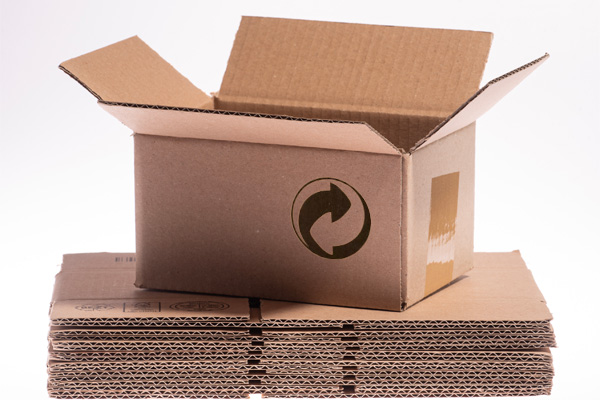
In the EU, retailers and manufacturers who place products on the market are subject to certain environmental responsibilities. Extended Producer Responsibility (EPR) is a way of obliging companies to take responsibility for the entire life cycle of their products. This includes not only the product itself, but also all packaging and (product) components put into circulation that are disposed of by end consumers. The exact areas covered by the EPR vary from country to country. In this article, we take a look at the EPR in the area of packaging and shed light on what exactly the requirements mean, how they are implemented in practice and how the requirements differ from country to country within the EU.
What is behind the EPR for packaging? The legal basis
Extended Producer Responsibility follows the principle of product responsibility for retailers. This includes not only the product itself, but also all packaging put into circulation that is disposed of by end consumers.
At EU level, the EPR for packaging is based on the EU Packaging Directive (Directive 94 62 EC). In this directive, the members of the European Union have agreed on joint measures relating to the circular economy and environmental protection. Manufacturers and retailers thus assume responsibility for the entire life cycle of their packaging. This includes the disposal and recycling of this packaging. The challenge here is that the various EU countries implement the directive differently in their laws and place different requirements on retailers. As a result, it can be tricky for companies with international shipping operations to implement the various laws correctly. This makes it all the more important to familiarise yourself with the relevant legislation before selling or shipping to a country.
A better understanding of EPR regulations not only helps to avoid fines, but also promotes more environmentally friendly product and packaging processes.
EU-wide EPR regulations at a glance
Before you export to one of your target countries, you should get an overview of the regulations that apply there. Due to the different implementation of the EU directive in each country, this can be overwhelming at first. But this is where we come in: our brief overview will give you the necessary feel for all the important requirements. Do you need help implementing the packaging requirements? Then our licensing service is the right choice.
EPR in France
- Companies are obliged to licence the household packaging they put into circulation to private end consumers.
- After licensing their quantities, the companies concerned receive their EPR number from the French environmental authority.
- Labelling is mandatory in France. Packaging must be labelled with the TRIMAN logo and separation instructions.
- Affected companies are also obliged to submit a so-called prevention plan. This must include measures to reduce the environmental impact of packaging.
EPR in Germany
- Companies that sell goods to private end consumers are obliged to register in the LUCID Packaging Register.
- The Central Agency Packaging Register (with its register LUCID) acts as a control body for compliance with the obligations arising from the German Packaging Act.
- There is an obligation to participate in the system. This means that retailers and manufacturers must licence their packaging volumes with a dual system.
- Online marketplaces and fulfilment service providers are subject to an inspection obligation.
EPR in Italy
- In Italy, manufacturers and retailers with an Italian branch are also responsible for the life cycle of their packaging.
- There is an obligation to register with the national packaging consortium CONAI.
- Irrespective of the licensing obligation, there is a labelling obligation for packaging intended for private end consumers. This must be labelled with a disposal notice, an alphanumeric code in accordance with Directive 97/192/EC and written in easily understandable Italian.
EPR in Poland
- In Poland, the Product, Packaging and Waste Management Database (BDO) ensures the collection of information on waste and the electronic processing of registration.
- Companies are obliged to register with the BDO.
- Companies are generally obliged to minimise the volume and weight of their packaging and to ensure that their packaging waste is recycled.
- Companies pay an eco-fee to its EPR system from the first package put into circulation.
- All domestic and foreign companies are obliged to prepare an annual report.
EPR in Denmark
- Extended producer responsibility for packaging will come into force in Denmark from 1 July 2025.
- Registration in the producer register and quantity reporting must take place between 1 April and 1 September 2024.
- Producers can fulfil their responsibility either individually or by participating in collective packaging schemes.
Outlook: What the PPWR means for EPR obligations
With the Packaging & Packaging Waste Regulation (PPWR), the European Union is pursuing plans to promote the sustainability of packaging. This is intended to set binding requirements for packaging and packaging waste on the European market and goes beyond the previous EU directive. In the event of a final decision, the PPWR would apply uniformly in all 27 EU member states, which offers less room for manoeuvre for national adjustments compared to previous directives.
The planned measures are designed to significantly reduce the ecological footprint of packaging in the European Union. One planned measure is the ban on the introduction of packaging without minimum recyclability requirements. In future, the weight, volume and empty space of packaging is to be reduced to a minimum. The regulation is to be binding for all companies based in the EU and for companies that import products into the EU. As a result of the implementation, the current EPR obligations will have to be adapted in some countries.

LIZENZERO.EU makes packaging compliance in Europe very easy.
Do you ship your products to different countries in the EU? Many different legal requirements and obligations can make the whole thing quite complicated – but don’t worry, we’ll do it for you. How do we do it? With our licensing service, we take over all obligations for you by power of attorney. Sounds good? We’ll be happy to advise you.
For shipping to Germany, you can easily fulfill your packaging obligations yourself via Lizenzero.de.
EPR in Croatia: What exporters need to know
If you’re selling or shipping products to Croatia, there’s one topic you can’t ignore: Extended Producer Responsibility (EPR). This regulation requires companies to take responsibility for the entire lifecycle of their products. And it’s not just aimed at businesses based in Croatia – EPR also applies to exporters from the EU and abroad.
EPR in Switzerland – Recycling for businesses
Clear EPR obligations already apply in many European countries. Manufacturers and retailers are responsible for the entire life cycle of their packaging and must register with the relevant national systems and pay licence fees. But what is the situation in Switzerland?
EPR UK: current obligations for retailers in relation to packaging
Extended Producer Responsibility (EPR) is a European regulation that makes manufacturers, importers and companies responsible for the life cycle of their products and packaging in accordance with the polluter-pays principle. EU countries can interpret the EPR regulations differently, which is why your obligations may vary from country to country. If you are shipping goods to the UK, you should therefore familiarize yourself with the exact regulations in the country in advance in order to avoid sanctions and be compliant. In the following article, we will give you an overview of the current EPR obligations in the UK and take a look at upcoming changes.


